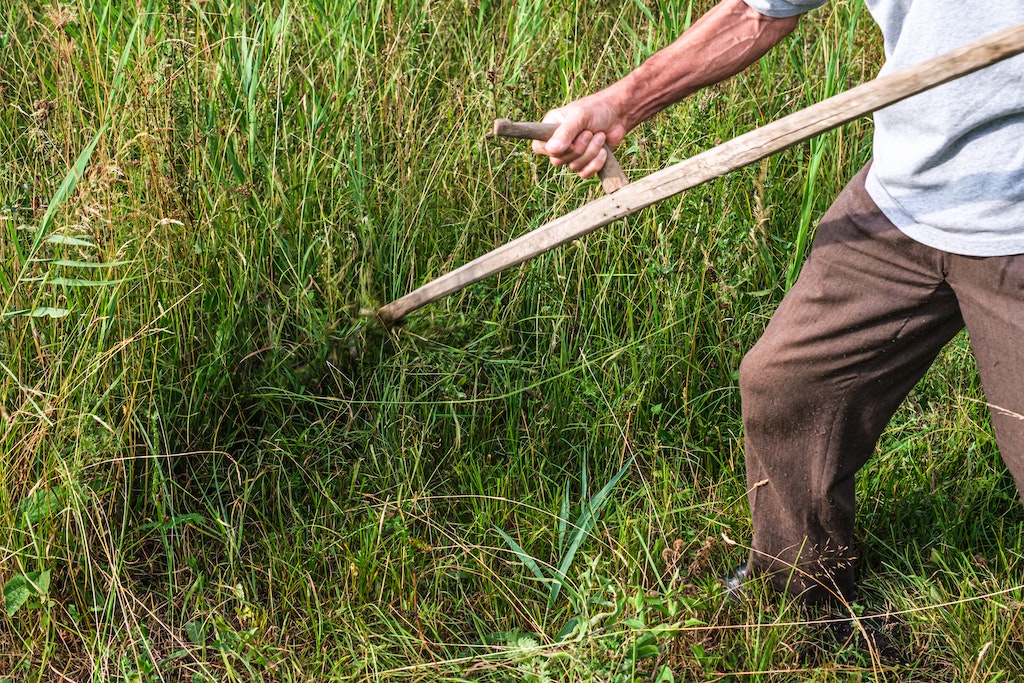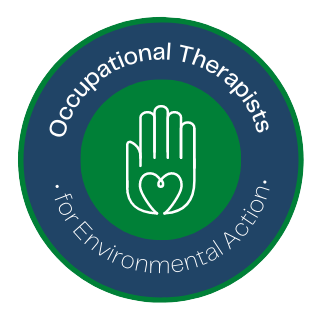The Occupational Therapists for Environmental Action (OTEA) is an American network of occupational therapy (OT) practitioners, researchers, educators, and students advocating for the profession to address climate change.
Occupations are everyday activities that people, at the individual, community, and population level, need and want to do to bring meaning to their lives. Given that human activity, or occupation, contributes to greenhouse gas concentrations in the atmosphere, OT is uniquely positioned to address present-day climate conditions. Not only are occupations contributing to the climate crisis, but the climate crisis has impacted people’s ability to engage in necessary and valued occupations, thus impacting human health and well-being. According to the 2021 Lancet Countdown Report, the past four decades have been characterized by increases in the number of hours where temperatures were too high for safe exercise outdoors. In addition, almost three billion potential hours of work were lost due to extreme heat in 2020 alone. With such significant detriments to central occupations such as physical activity and work, allied health professionals have a clear imperative to take action in the climate movement.

Madelyn Yoo
Occupational Therapist (MSc student)
Madelyn is an OT master’s student in St. Louis, Missouri. As a child, she remembers feeling profound unease when learning about global warming, acid rain, and damaged ecosystems in school. Through the years that unease morphed into a sense of agency in addressing climate change through her professional passion for occupational therapy. She is determined to see our field take action in preserving the planet to uphold our value of occupational justice.

Photo by Roberto Sorin on Unsplash
The American Occupational Therapy Association (AOTA) only recently initiated steps towards a policy statement on sustainability and climate change, after several members of OTEA helped author a briefing paper on the issue for the AOTA Representative Assembly (RA). The RA subsequently created a Task Force to draft policy recommendations on sustainability and climate change. Hopefully, the RA will vote on these recommendations during their spring meeting. A group of OTEA members are serving on the Task Force, whose recommendations will guide the profession on how to incorporate sustainability and climate change concepts into AOTA official documents, standards, and policies. In early August, the group advocated for the inclusion of climate content in the upcoming revision of Accreditation Council for Occupational Therapy Education (ACOTE) standards. Taking the disaster management and prevention approach, yet another group of OTEA members are advocating for AOTA to update current practice guidelines for emergency preparedness and become a supporter of Real Emergency Access for Aging and Disability Inclusion Act and Disaster Relief Medicaid Act.
Outside of advocacy in the professional association, OTEA members have conducted and completed several other projects, including a webpage on durable medical equipment reuse, creation and dissemination of a student needs assessment gauging student knowledge and interest on climate change, and development of educational presentation materials. Though these accomplishments bring great pride to the growing OTEA community, there is much more work to be done and partnering up the with the Environmental Physiotherapy Association presents another great opportunity to advance planetary health across professional boundaries!

If you are interested in learning more about us, feel free to explore our website and contact us!
https://www.otenvironmentalaction.com/


Saving the planet indeed needs team work. Let’s take hands!